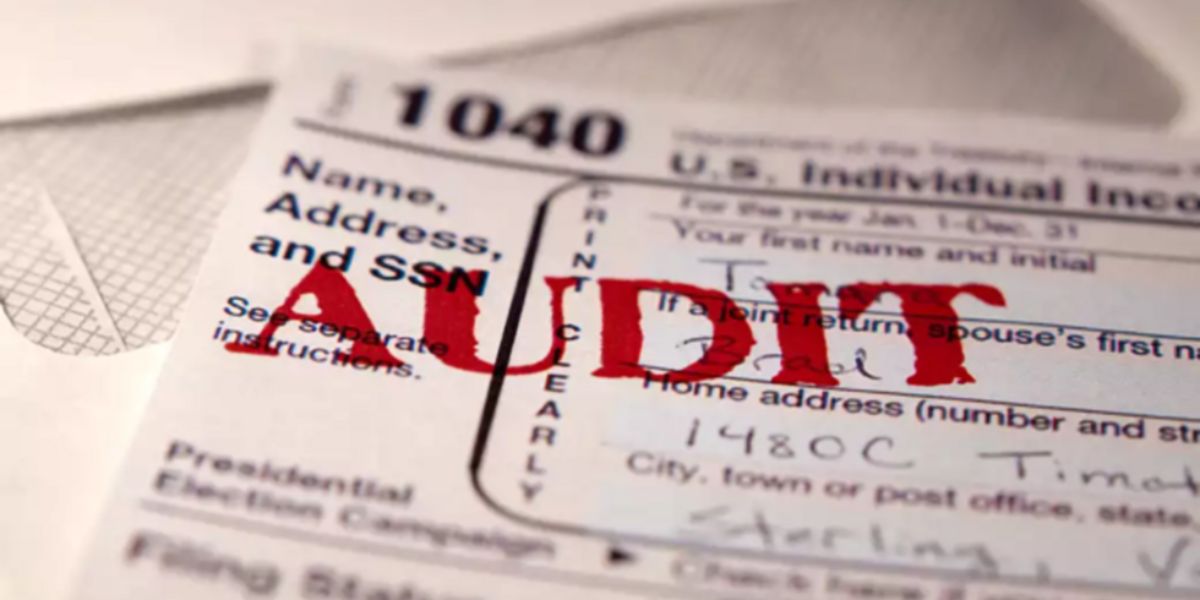For many Americans, Tax Day marks the end of one of the most important periods of the year in terms of finances. Accuracy, readiness, and expertise are critical as the IRS filing deadline of April 15 approaches.
Preparing for taxes involves more than just pressing the “submit” button; it also involves protecting yourself from costly mistakes and even audits. It takes strategy, not luck, to defeat an audit.
When the IRS audits returns, it looks for certain red flags, and even minor mistakes might cause them to be investigated. Taxpayers must pay close attention to the specifics and stay within the line as we approach the homestretch.
The top 5 filing strategies to avoid an IRS audit
1. Enumerate all of your revenue sources.
Make sure you include all of your income, including freelance work, investments, part-time jobs, and digital payments from websites like Venmo and PayPal. You greatly increase your audit risk if the IRS receives a Form 1099 or W-2 that you fail to report.
2. Verify all of your tax information again.
Small errors like misspelled words, incorrect Social Security numbers, or math errors might lead to issues. An audit can be avoided by accurately reporting revenue and entering personal information. Use expert software or a qualified preparer to review each line.
3. Avoid overclaiming tax credits and deductions.
Falsifying figures or taking deductions for which you are not eligible will eventually catch up with you. You need to exercise extreme caution when it comes to home office deductions, business expenses, and charitable contributions.

It would be a red flag if your amount of deductions seemed excessive given your income. Fraud practices can be automatically flagged by the IRS.
Always maintain accurate figures, save documents and receipts, and, if in doubt, get tax expert guidance.
4. Get a direct deposit by electronically filing your return.
The IRS prefers electronic filing since it reduces the possibility of human error.
Additionally, it expedites the processing of refunds. By using direct deposit, you may avoid mail delays and ensure a quick and secure payment.
5. Don’t rush to file your return because Tax Day is quickly approaching.
The likelihood of errors in last-minute tax filing is substantial. File for an extension if you’re not ready. Remember that requesting an extension gives you more time to file, not more time to make payments. You still have until April 15 to settle your debt or risk interest and penalties.
Maintaining composure might help you stay in compliance
Tax Day is coming up, but you shouldn’t let your nervousness control your choices. When it comes to making mistakes, chaos and panic are your worst adversaries. Don’t estimate numbers, remember deadlines, and keep your documentation organized.
Keep ahead of the common warning signs of an IRS audit.
Recognize what usually triggers a flag: repeated amended returns, mismatched income forms, or significant business losses. Now is the moment to fix any filing errors you may have made in the past. Transparency and thorough documentation always benefit you.
For professional advice, last-minute checklists, and assistance with tax preparation, you can also turn to reliable resources like the Taxpayer Advocate Service.
Your future will be impacted by the filing you do today as Tax Day draws near. Spend a few minutes meeting IRS requirements, avoiding audit risk, and filing appropriately.
You may save time by filing deals now, but you will pay for them later in the form of fines, penalties, or audits.
You can avoid hours of grief by taking a few extra minutes to exercise caution. Doing it right the first time is the most crucial thing you can do this tax season.
Because Tax Day is practically here, make the decision to choose clarity over chaos; both your financial account and your future self will thank you for it.
Source: eldiario24




